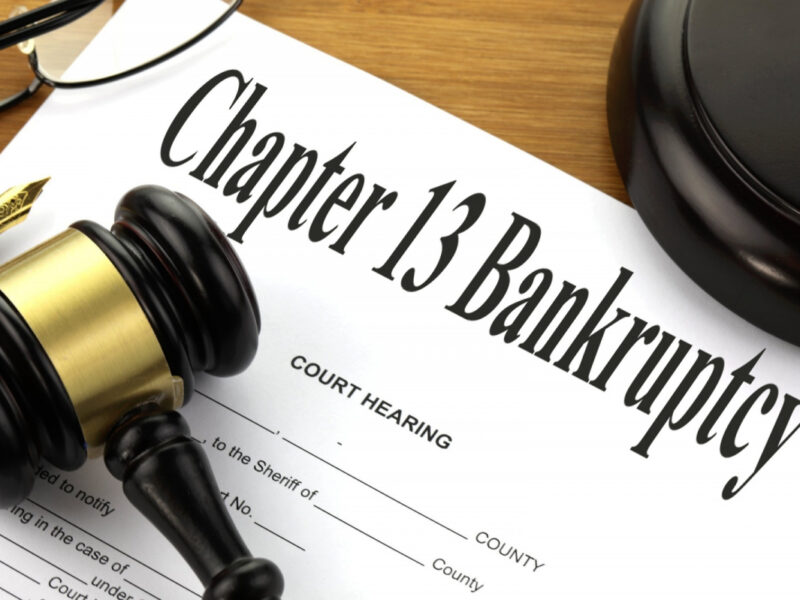As reported by Robin Miller of CBAR, a Chapter 13 plan may redeem property from tax sale so long as redemption period did not expire prior to filing of bankruptcy case.
Affirming In re LaMont, 2012 WL 6727404 (N.D. Ill., Dec. 27, 2012), and resolving a longstanding split among the lower courts, the Seventh Circuit Court of Appeals held that a tax sale purchaser holds a “claim” under Code § 101(5) that may be treated in a Chapter 13 plan, at least so long as the debtor files the bankruptcy case before the debtor’s right to redeem the property expires under state law. The court reasoned that the tax sale purchaser has both a “right to payment” from the debtor’s property under § 101(5)(A) and a “right to an equitable remedy for breach of performance” under § 101(5)(B). A tax sale purchaser does not hold an interest in the property itself; rather, the purchaser holds a secured claim, and Code § 1322(b)(2) allows a Chapter 13 plan to “modify the rights of holders of secured claims.” While the anti-modification provision of § 1322(b)(2) does not allow modification of security interests in real property that is the debtor’s principal residence, a tax sale purchaser’s lien is not a “security interest” under Code § 101(51) because it was not created by agreement. Since a Chapter 13 plan may modify the tax sale purchaser’s rights, the debtor is not required to pay the redemption amount in full prior to the expiration of the state-law redemption period.
While the tax sale purchaser asserted that the debtors’ plan should have paid interest on the redemption amount and should have directed the payments to him rather than to the taxing authority, the purchaser failed to challenge the plan; the purchaser claimed only that the automatic stay should have been lifted.
In re LaMont, 740 F.3d 397 (7th Cir., Jan. 7, 2014)
